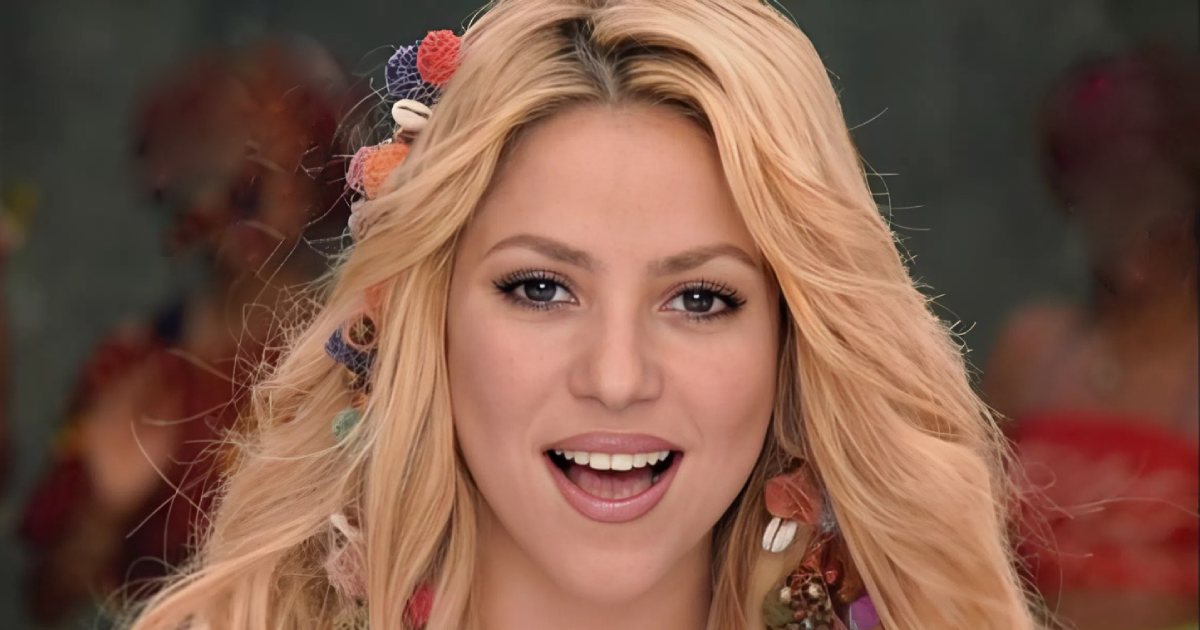
The 2010 FIFA World Cup wasn’t just a celebration of football—it was a global musical phenomenon. Held in South Africa, the tournament gave rise to unforgettable anthems like Wavin’ Flag by K’naan and Shakira’s Waka Waka (This Time for Africa). These songs transcended borders, dominating playlists, radio airwaves, and music charts worldwide.
Among them, Waka Waka stood out for its high-energy beats and catchy dance moves, becoming a go-to number at parties and events. However, beneath its lively, bilingual vibe lies a lesser-known origin story that traces back to a Cameroonian classic. The catchy chorus from Waka Waka was taken from a Cameroonian hit titled Zangaléwa by Golden Sounds. The song’s iconic refrain—’Zamina mina’—became the heart of the World Cup anthem.
From Cameroonian Protest Anthem to World Cup Blockbuster
Golden Sounds, a Cameroonian makossa group formed in 1984 by Jean Paul Zé Bella, Dooh Belley, Luc Eyebe, and Emile Kojidie. They were also members of the then-active presidential guard. Golden Sounds recorded Zangaléwa in 1986. The song was part satire, part military march parody. Band members wore stuffed military uniforms and pith helmets in their video, infusing irony and biting commentary about military life in post-colonial Cameroon. Zangaléwa became an African anthem—used by soldiers, scouts, and football fans alike, per Afropop.
Trending
More than two decades later, Shakira teamed up with South African band Freshlyground to rework the chorus and melody into what became FIFA’s official anthem for the 2010 World Cup. The lyrics for the new version were co-written by Shakira and John Hill.
The focal refrain appears almost unchanged in Shakira’s version. The lyrics were adapted to English and Spanish, and the melody and the military-style rhythm remained intact. Critics noted that Golden Sounds were later credited as co-writers, and the group reached an out-of-court agreement with Sony and Shakira’s team over rights and royalties.
Zangaléwa’s Revival: From Cameroonian Satire To Global Spotlight
Interestingly, many fans weren’t aware of Zangaléwa’s origin until years after Waka Waka exploded globally. Renewed interest via social media revealed Cameroonian users sharing the original song, while African music historians and blogs highlighted what had been lifted. The adaptation raised more profound questions: What is cultural remix versus appropriation? And how should global artists acknowledge their inspirations?
Golden Sounds originally wrote Zangaléwa as a marching song as a satire, mocking colonial hangovers and army hierarchy. Shakira’s version turned it into an anthem of football unity, dancing, and joy. The shift in meaning was stark, and the tension didn’t go unnoticed. Some critics and music commentators suggested that the World Cup version completely inverted the original song’s protest energy.
What sounds like a joyful international pop hit carries a layered lineage. Waka Waka may have conquered charts worldwide, but its roots go back to a Cameroon protest song with complexity, irony, and cultural significance. The most memorable hooks are often borrowed, and when they come with history, they raise the volume on voices we almost forgot.
Advertisement
For more such stories, check out Hollywood News
Must Read: Ashton Kutcher & Mila Kunis Net Worth 2025: From Sitcom Teens To A $275M Empire Power Couple
Follow Us: Facebook | Instagram | Twitter | YouTube | Google News
















